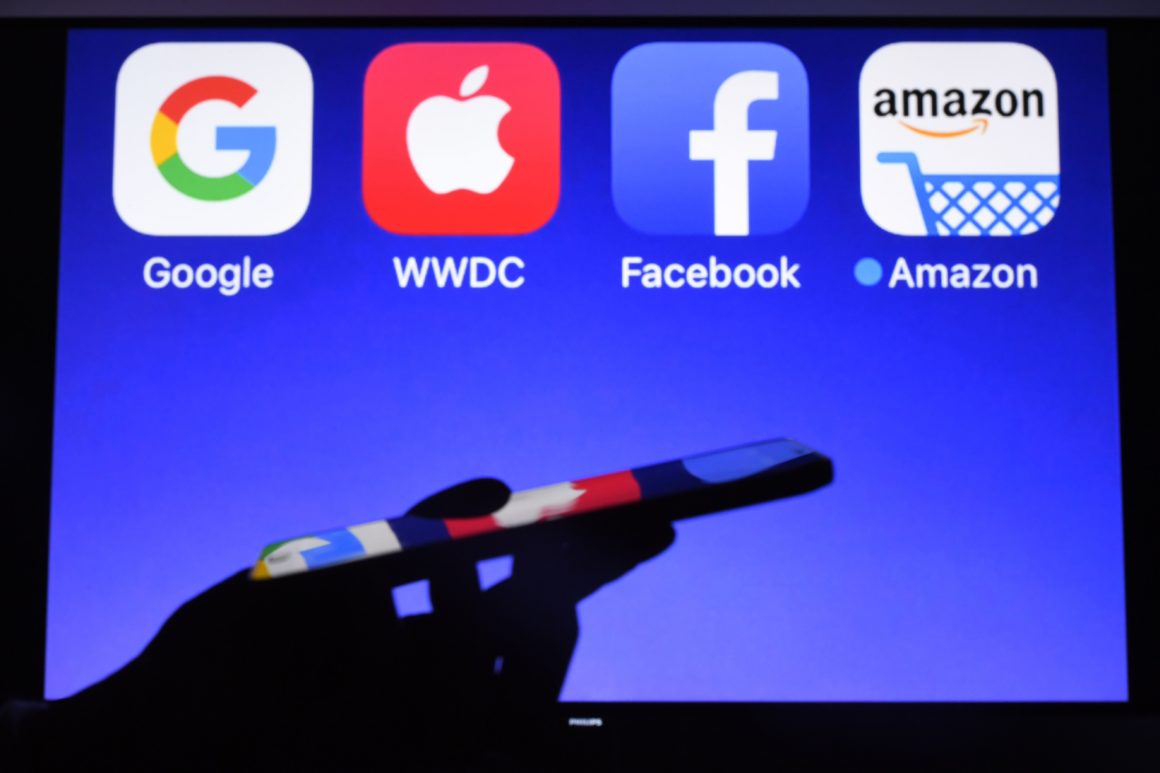The American house of representatives has concluded that big tech companies such as Facebook, Apple, Google, and Amazon have misused their dominant position on a big scale. Hence, that is the reason that the American commission advocated for the split of Big Tech companies alike. However, what exactly did these tech giants do wrong?
The digital business model of tech giants
With regard to digital business models, the observation can be made that these big tech companies (Apple, Google, Amazon, and Facebook) are ecosystem drivers as they provide a platform to conduct business (Weil & Woerner, 2020). Furthermore, they have complete knowledge about their customer by the amounts of data they generated about their customers. It is interesting to see that certain of these technology companies (such as Amazon) gained significance by disrupting the market while pursuing a long-tail strategy (Hillesund, 2007).
The problem
The commission deems to prove that Google (regarding search engines) and Facebook (concerning Social Media) became monopolists through unauthorized practices. Furthermore, researchers claim that Amazon and Apple have “lasting and significant market power” that they partly forced by locking out competition through their platforms (De Tijd, 2020). The logical consequence is that competitors are discouraged to innovate. Thereafter, the privacy position of consumers is jeopardized by the dominant position of a handful of tech companies. It also becomes more difficult to find truthful news if only a few big companies are the spreaders of it.
Examples of wrongdoings
The report claims that Amazon frequently uses third-party sellers to assist in improving and selling their own products. Apple uses its presiding market position to benefit its own applications and hamper those made by rivals. Facebook preserved its monopoly through a chain of anti-competitive business practices. Specifically, it bought up potential rivals such as Instagram. The report states that Google had demanded smartphone manufacturers using its Android operating system should install Google’s chrome as its standard web browser (www.ft.com, 2020).
It can be concluded that Big tech companies did not always use the right means to obtain their market position. Obviously, the big tech companies have responded in a disapproving manner (RTL Nieuws, 2020). This raises some questions for me to you, the reader.
Do you think the report was fair and just? Do you think it is beneficial to society that these tech companies have so much market power? If sanctions are imposed, do you think these tech companies should be split up or do you think other sanctions must come into place? Which other sanctions should come into place?
—
De Tijd. (2020). Amerikaanse commissie pleit voor opsplitsing Big Tech. [online] Available at: https://www.tijd.be/ondernemen/technologie/amerikaanse-commissie-pleit-voor-opsplitsing-big-tech/10256341.html [Accessed 10 Oct. 2020].
Hillesund, T. (2007). Reading Books in the Digital Age subsequent to Amazon, Google and the long tail. First Monday. [online] Available at: http://hdl.handle.net/11250/184283 [Accessed 10 Oct. 2020].
RTL Nieuws. (2020). Commissie VS wil techreuzen opsplitsen: Big Tech is te machtig. [online] Available at: https://www.rtlnieuws.nl/tech/artikel/5188715/commissie-vs-pleit-voor-opsplitsen-big-tech [Accessed 10 Oct. 2020].
Weil, P. Woerner, S.L. (2015). Thriving in an Increasingly Digital Ecosystem. [online] MIT Sloan Management Review. Available at: http://mitsmr.com/1BkdvAq [Accessed 10 Oct. 2020].
www.ft.com. (2020). Subscribe to read | Financial Times. [online] Available at: https://www.ft.com/content/ccf00858-30a2-49d3-9ae9-7db3f58773b0 [Accessed 10 Oct. 2020].



